Thousands of Israelis join Gay Pride parade in Jerusalem amid protest
Demonstrators protesting against the protest raised a banner reading no entry for this abomination to the Holy City
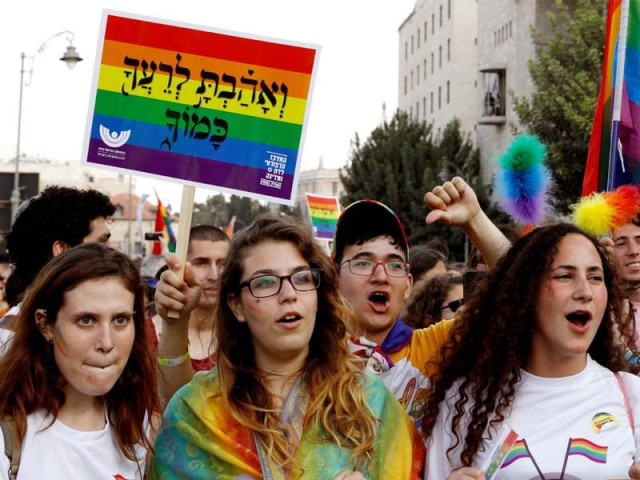
Participants attend the annual Jerusalem Gay Pride Parade on August 2, 2018. PHOTO: AFP
"We shall not allow any disturbance to public order and we shall ensure the safety of the march and its participants," a police statement said.
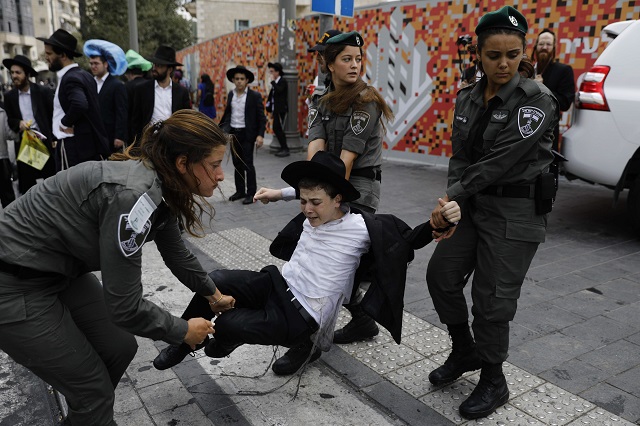 Israeli security forces carry away a young protester during a demonstration by Ultra-Orthodox Jews in Jerusalem on August 2, 2018. PHOTO: AFP
Israeli security forces carry away a young protester during a demonstration by Ultra-Orthodox Jews in Jerusalem on August 2, 2018. PHOTO: AFPIt said that about 10,000 people arrived for the start of the parade, setting off from a downtown Jerusalem park to march through nearby streets.
At the starting point, opposition leader Tzipi Livni, of the centrist Zionist Union alliance, said: "I am here to send a message to the government that the state of Israel must be a state with values such as equality and freedom."
Gay groups march in Istanbul pride despite ban
Across the road a few dozen demonstrators gathered to protest against the parade and raised a banner in Hebrew reading "No entry for this abomination to the Holy City".
Police kept them away from the parade-goers.
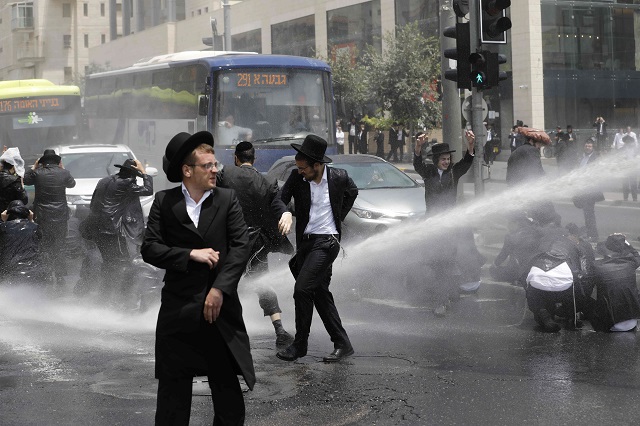 Ultra-Orthodox Jewish men are sprayed with water cannons by Israeli security forces during a protest. PHOTO: AFP
Ultra-Orthodox Jewish men are sprayed with water cannons by Israeli security forces during a protest. PHOTO: AFPPolice said "weapons of all kinds, drones and all types of aircraft" were banned from the assembly point and from the parade route.
The city centre was closed to traffic and participants were subjected to police security checks before being allowed to join the rally, they said.
In the 2015 attack, a 16-year-old girl was stabbed to death and five other people wounded.
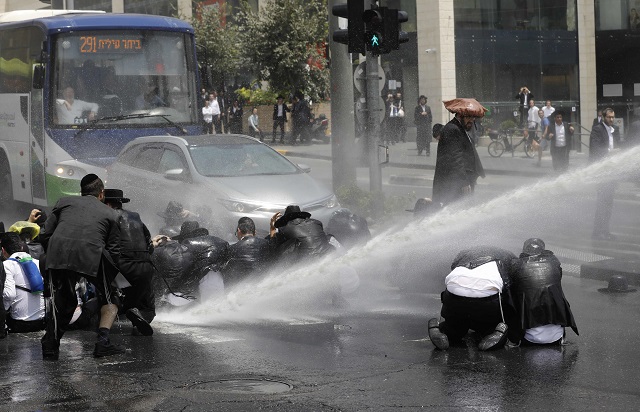 PHOTO: AFP
PHOTO: AFPThe attacker was Yishai Shlissel, an ultra-Orthodox Jew, who is now serving a life sentence.
Shlissel had spent 10 years in jail after a similar attack on the 2005 Jerusalem Gay Pride march, and had been released just three weeks before the event, leading to criticism of the police.
The Jerusalem parade has taken on added significance since then, with many from outside the gay community joining the march in solidarity and to call for tolerance.
Israel has the most open attitude to homosexuality in the Middle East, with a large and influential gay community.
UN rights chief warns Indonesia over crackdown against LGBT community
But conservative Jerusalem, a heavily religious city sacred to Jews, Muslims and Christians, is far less gay-friendly than liberal Tel Aviv.
This year's parade, the 17th annual Jerusalem march, is being held under the banner of "Pride and Tolerance".
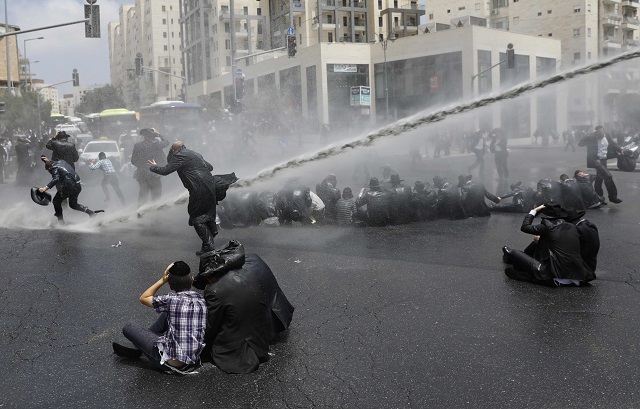 Protesters are sprayed with water cannons. PHOTO: AFP
Protesters are sprayed with water cannons. PHOTO: AFPOrganisers say they expect an especially high turnout this year due to what they say is a groundswell of public sympathy for gay rights in the wake of a recent law denying surrogacy rights to same-sex couples.
On July 22 sympathisers around the country staged work stoppages and an estimated 60,000 people attended a solidarity rally in Tel Aviv.


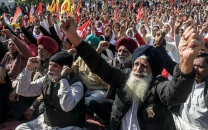
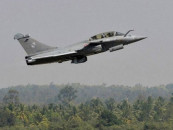
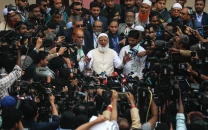

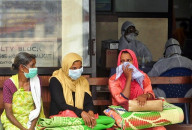












COMMENTS
Comments are moderated and generally will be posted if they are on-topic and not abusive.
For more information, please see our Comments FAQ